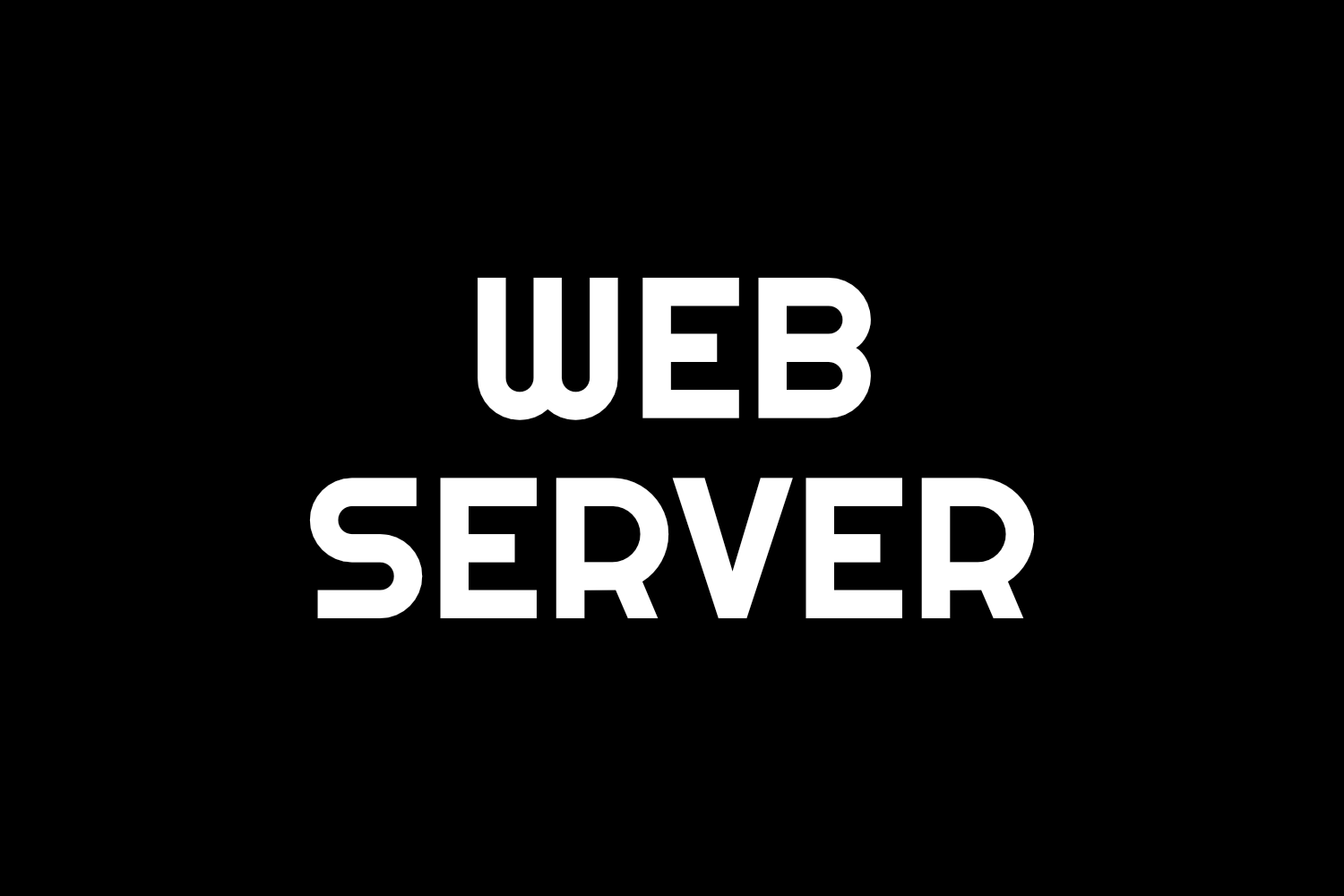Web Server
A server is a computer system dedicated to running a specific set of software programs and providing services to other computers or devices connected to a network. In the context of web development, a web server is a computer that is specifically designed to host and serve websites over the internet.
A web server is responsible for storing and serving the website’s files, including HTML, CSS, JavaScript, images, and other media as well as any databases. When a user requests a web page from the website, the server retrieves the necessary files and sends them to the user’s browser, which then displays the web page.
Considerations When Choosing a Web Hosting Server:
- Performance: The performance of a web server is a critical factor, as it can affect the speed and responsiveness of the website. Factors such as CPU speed, RAM, and network connectivity can all impact the server’s performance.
- Security: A server must be secure to protect the website’s data and prevent unauthorized access or attacks. Choosing a web server with strong security features and following best practices for security can help ensure the website is protected.
- Scalability: As a website grows, the server must be able to handle increased traffic and demand. Choosing a server solution that is scalable and can handle growing traffic volumes can help prevent downtime or performance issues.
- Cost: The cost of a server can vary depending on the hardware and software requirements, as well as ongoing maintenance and support costs. Evaluating the total cost of ownership can help ensure the server fits within the website’s budget.
- Compatibility: The server must be compatible with the website’s software and programming languages, including the web server software (such as Apache, IIS, etc.), the operating system (Linux, Windows, etc.), and any third-party software or applications used on the website.
Overall, choosing the right web server for a website can be a critical decision that affects the website’s performance, security, and scalability. By considering factors such as performance, security, scalability, cost, and compatibility, website owners can select a server that meets their specific needs and requirements.




Latest Blog Posts